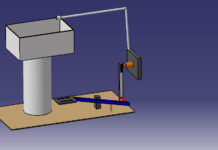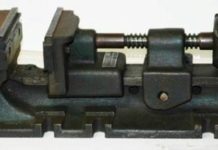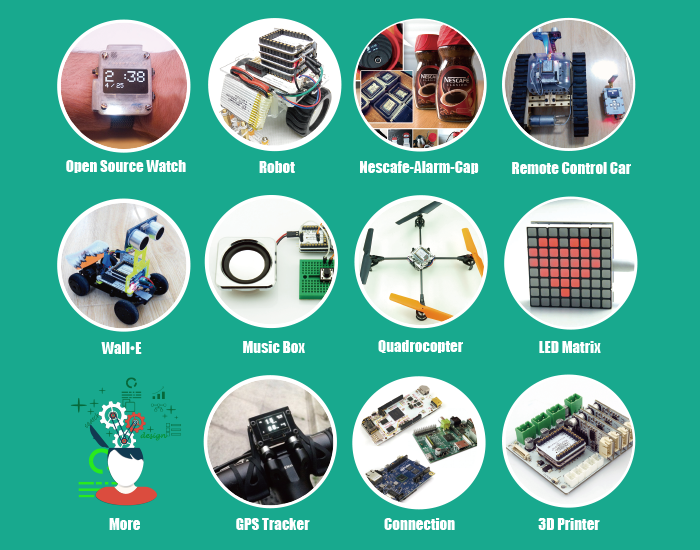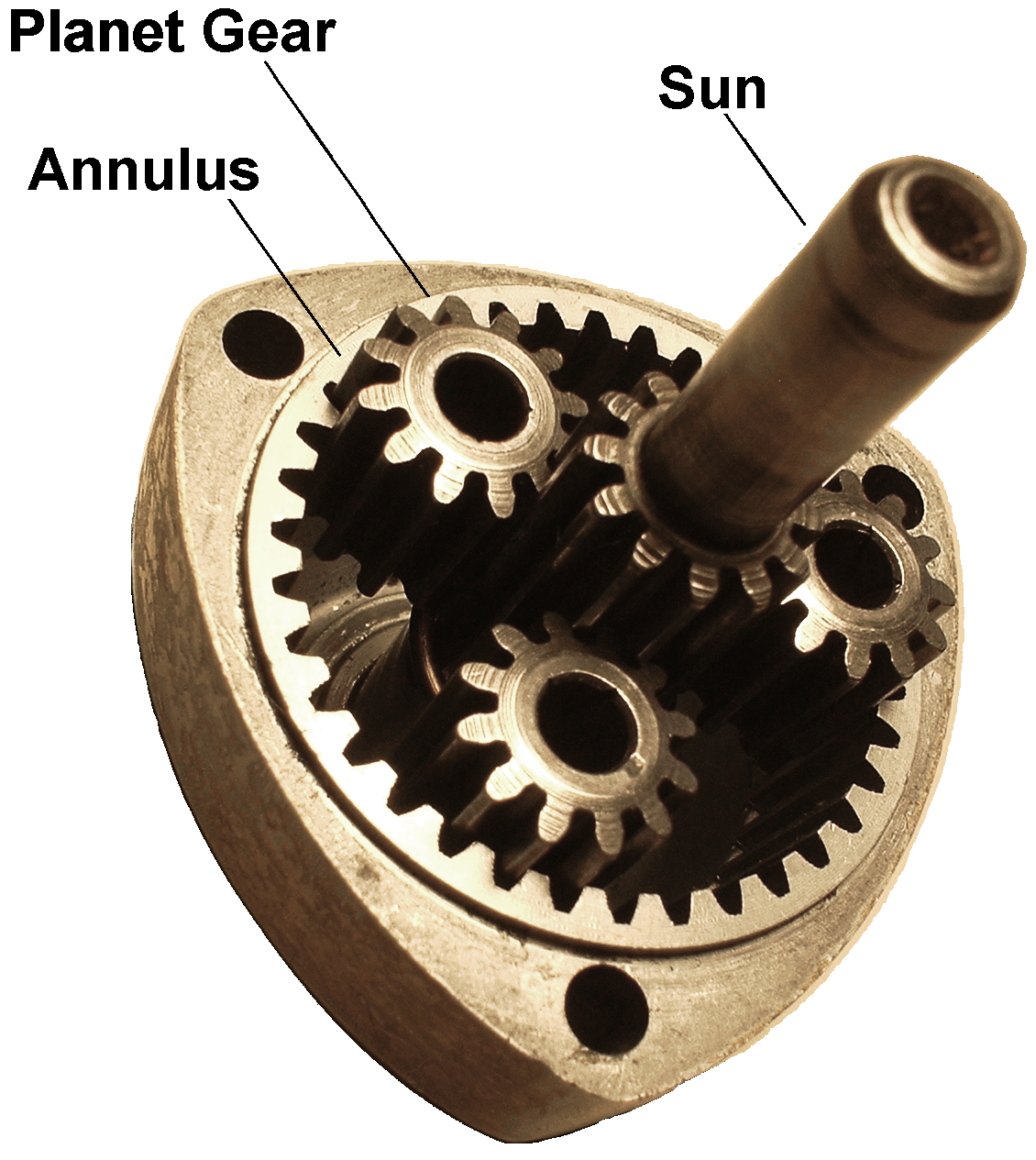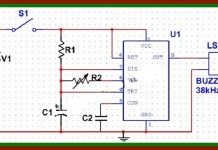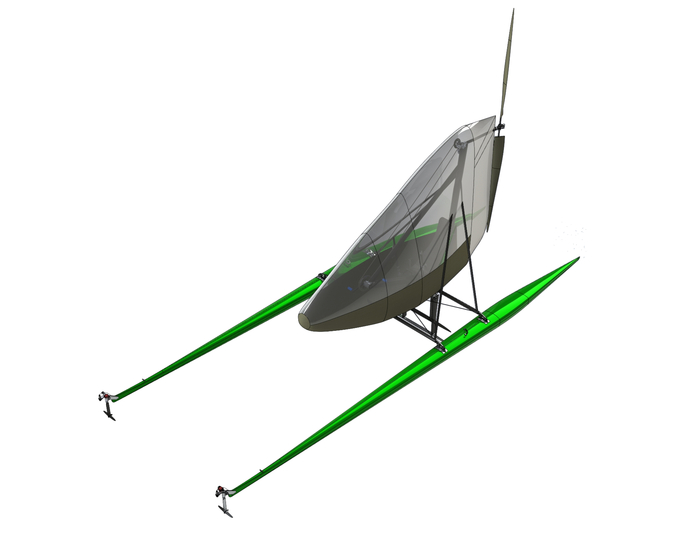Shaft Coupling
Shafts are usually available up to 7 metres length due to inconvenience in transport. In order to have a greater length, it becomes necessary to join two or more pieces of the shaft by means of a coupling.

A coupling is a device used to connect two shafts together at their ends for the purpose of transmitting power. Couplings do not normally allow disconnection of shafts during operation, however there are torque limiting couplings which can slip or disconnect when some torque limit is exceeded.
The primary purpose of couplings is to join two pieces of rotating equipment while permitting some degree of misalignment or end movement or both. By careful selection, installation and maintenance of couplings, substantial savings can be made in reduced maintenance costs and downtime.

Shaft couplings are used in machinery for several purposes, the most common of which are the following :
1. To provide for the connection of shafts of units that are manufactured separately such as a motor and generator and to provide for disconnection for repairs or alternations.
2. To provide for misalignment of the shafts or to introduce mechanical flexibility.
3. To reduce the transmission of shock loads from one shaft to another.
4. To introduce protection against overloads.
5. It should have no projecting parts.
Note : A coupling is termed as a device used to make permanent or semi-permanent connection where as a clutch permits rapid connection or disconnection at the will of the operator.
Uses
Shaft couplings are used in machinery for several purposes. The most common of which are the following.
- To provide for the connection of shafts of units that are manufactured separately such as a motor and generator and to provide for disconnection for repairs or alterations.
- To provide for misalignment of the shafts or to introduce mechanical flexibility.
- To reduce the transmission of shock loads from one shaft to another.
- To introduce protection against overloads.
- To alter the vibration characteristics of rotating units.
- To connect driving and the driven part
- To transfer power one end to another end.(ex: motor transfer power to pump through coupling)
References A Textbook of a Machine Design by R. S. Khurmi and J. K. Gupta and Wikipedia

